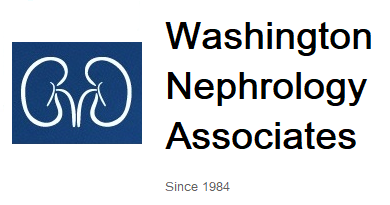
About Hypertension
Hypertension, or high blood pressure, is the chronic state of elevated pressure in the arteries. A person with systolic and/or diastolic blood pressures consistently above the normal range (120/80 mm Hg) is said to have hypertension.
High blood pressure is a major risk factor for heart disease, congestive heart failure, stroke, impaired vision, and kidney disease. Generally, the higher the blood pressure, the greater the risk. Untreated hypertension affects all organ systems and can shorten one’s life expectancy by 10 to 20 years.
Blood pressure readings are expressed as two numbers, such as 140/90 mm Hg. The top number, 140, refers to systolic blood pressure and 90 refers to diastolic blood pressure. Both of these numbers are important.
Causes
Most people have primary (essential or idiopathic) hypertension, which has no identifiable cause. Some think it may be due in part to a genetic predisposition. The probability of developing this condition increases with age, and with adopting an unhealthy lifestyle.
In approximately 5-10% of patients, a secondary cause exists. Secondary causes include certain types of kidney disease, abnormal functioning of certain glands (adrenal glands, thyroid gland, parathyroid glands), chronic intake of certain substances and medications (e.g., alcohol, steroids), and the presence of a rare tumor (e.g., pheochromocytoma, which secretes adrenaline-like substances).
Hypertension and the Elderly
More than half of all persons age 65 have hypertension. In many, only the systolic blood pressure will be elevated. This is often referred to as isolated systolic hypertension. Treating high systolic blood pressure in older patients significantly decreases the risks for stroke, heart attack, and cardiovascular death.
To Learn more about kidney disease, so you can feel more in charge of your health and thrive, you can take a Kidney Care Education Class. The class covers:
- Symptoms and stages of chronic kidney disease (CKD)
- Eating well with kidney disease
- Coping and getting support
Other Educational Resources:
National Kidney Disease Education Program
